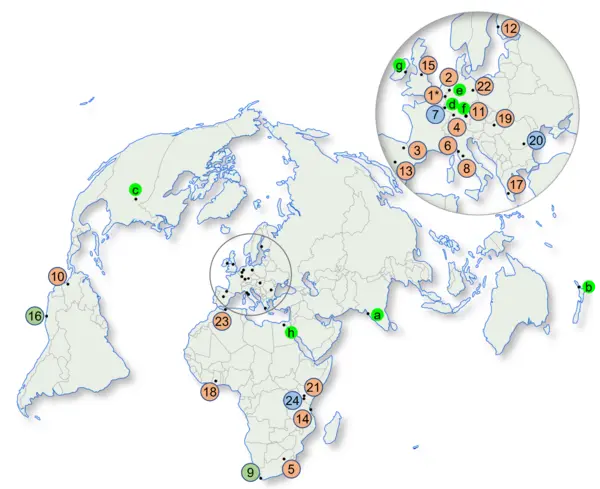Contenuti in evidenza
THE QUESTIONS
For decades, increasing GDP has been considered the main way to better lives. However, GDP growth over the past decades failed to be inclusive, as both economic and well-being inequality increased in industrial countries. Moreover, growth was often accompanied by a decline in happiness, environmental quality and even social connections, as loneliness has become a mass problem. This raises three critical questions for current and future societies:
- How to generate more well-being from GDP?
- How to generate more well-being without increasing GDP?
- How to build an inclusive economy?
- How to build a sustainable economy?
OUR ANSWERS
Our answer leverages on decades of quality of life studies. Policies should promote sociability, sharing, leisure time and other non-income drivers of well-being. Affluence of time and sharing, especially of human relationships, is the way to unfold the well-being potential created by economic affluence, and to make it more inclusive and sustainable, by decoupling well-being from consumption.
WHICH POLICIES
Prioritizing well-being in policy making promotes socially and environmentally sustainable economies in which people can lead satisfactory lives, in creativity-led economies. We propose a win-win-win-win strategy that leads to a progressive increase in well-being, sociability, environmental sustainability, inclusiveness, free time and productivity.
WHO WE ARE
We are research team Funded by the European Union under the Horizon 2020 research and innovation program. Our team is based in several European universities and research institutions, partnered by researchers based in five continents. Our competencies include economics, sociology, psychology, spatial planning and policy, sustainability and environmental studies, health, policy analysis and future scenarios.
DISSEMINATION
Non-Technical communication
For European citizens
Policy making
For policy makers, public institutions and politicians, NGO's
Scientific Communication
For researchers




